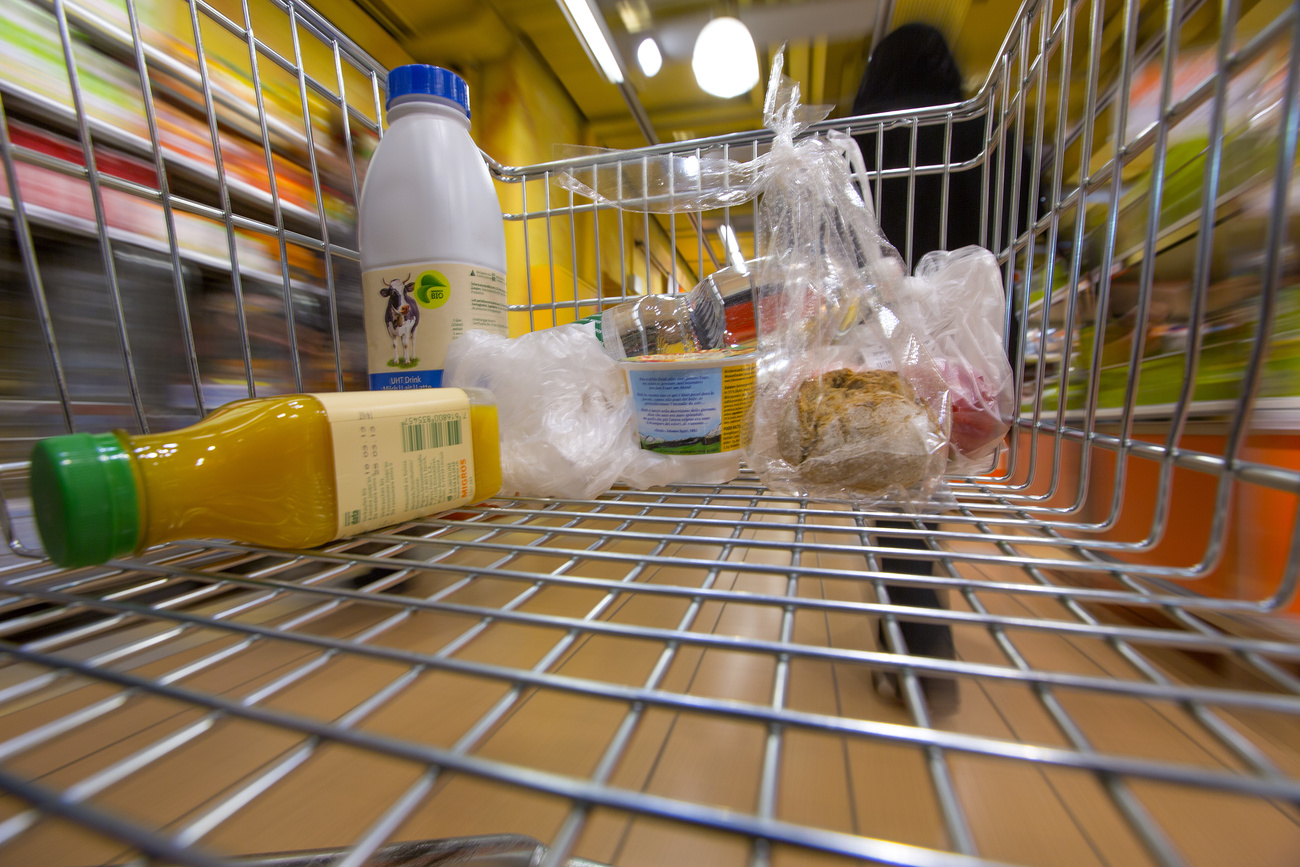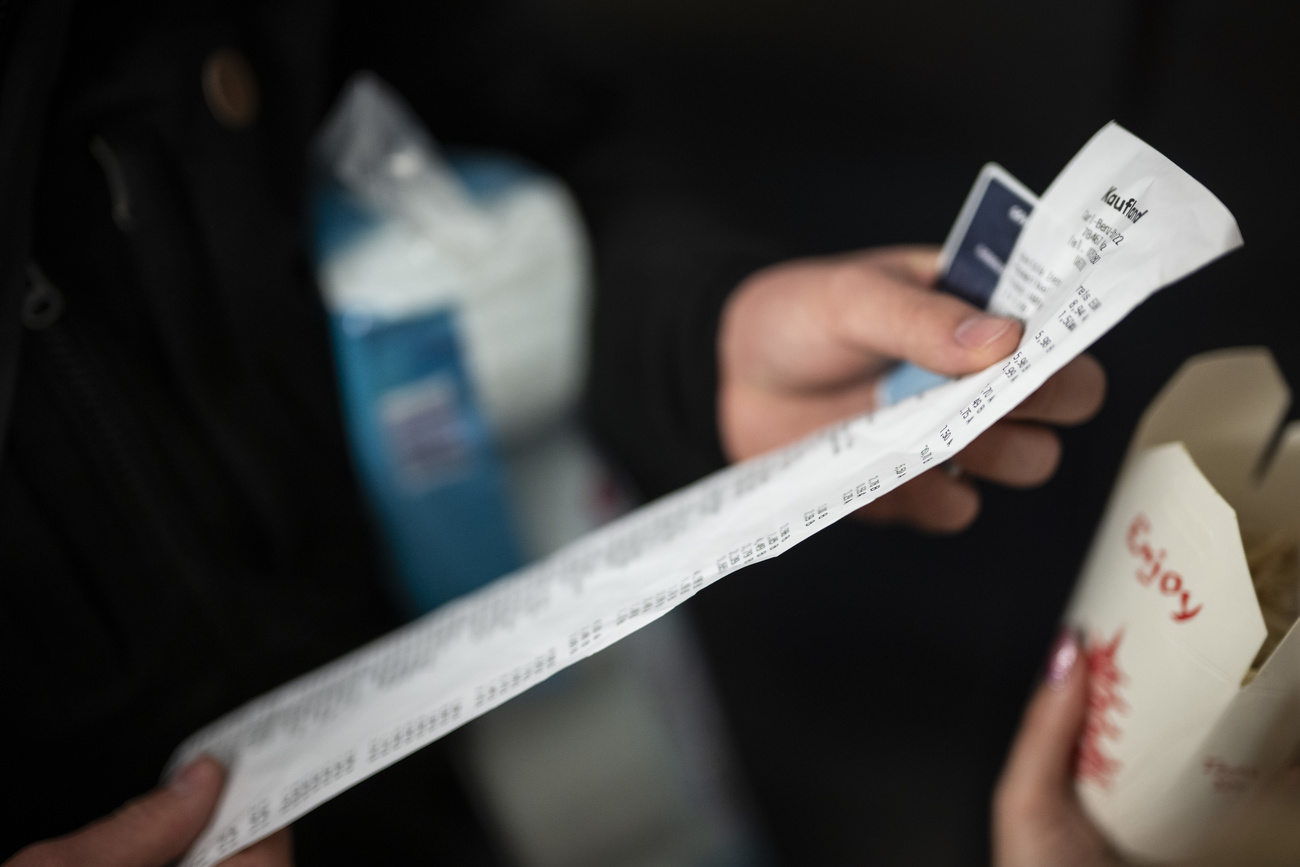
Swiss consumer inflation slows more than expected

Swiss inflation unexpectedly slowed to a two-year low, adding to the case for Swiss National Bank (SNB) officials to keep borrowing costs steady when they meet next week.
Consumer prices rose 1.4% in November from a year earlier, the weakest since October 2021. That was lower than predicted by any economist in a Bloomberg survey, which foresaw no change from 1.7%. The drop was driven by lower costs for hotels, package holidays, fuel and fruit and vegetables.
+ Why Switzerland is resistant to food price inflation
The so-called core gauge, which strips out volatile elements like energy and food, also decelerated to 1.4%, the Swiss statistics office said Monday.
With Switzerland’s inflation rate keeping within the central bank’s target range of between 0 and 2%, the SNB paused hiking in September. Officials led by President Thomas Jordan have been careful to stress that more tightening might be required.
With Switzerland’s inflation rate keeping within the central bank’s target range of between 0 and 2%, the SNB paused hiking in September. Officials led by President Thomas Jordan have been careful to stress that more tightening might be required.
The SNB predicts inflation will breach the target range all of next year, driven by higher costs of electricity, rents and public transport, combined with a boost in value-added tax. Power prices alone are set to rise an average 18% in January.
Still, Swiss consumer-price growth remains lower than many advanced economies, showcasing how the country’s strong currency has sheltered it from the ravages of inflation elsewhere.
Euro-area data last week revealed that price growth dropped to 2.4% there. Based on the European Union’s harmonized measure, Swiss inflation was 1.6% in November.
Switzerland’s economy has also fared more comfortably that its neighbors. Gross domestic product increased 0.3% in the third quarter, and the OECD predicts it will expand 0.8% this year. That’s ahead of the 0.6% forecast for the euro area, which contracted in the three months through September.

More
Why is the Swiss franc appreciating so much?
This news story has been written and carefully fact-checked by an external editorial team. At SWI swissinfo.ch we select the most relevant news for an international audience and use automatic translation tools such as DeepL to translate it into English. Providing you with automatically translated news gives us the time to write more in-depth articles. You can find them here.
If you want to know more about how we work, have a look here, and if you have feedback on this news story please write to english@swissinfo.ch.

In compliance with the JTI standards
More: SWI swissinfo.ch certified by the Journalism Trust Initiative


























You can find an overview of ongoing debates with our journalists here . Please join us!
If you want to start a conversation about a topic raised in this article or want to report factual errors, email us at english@swissinfo.ch.